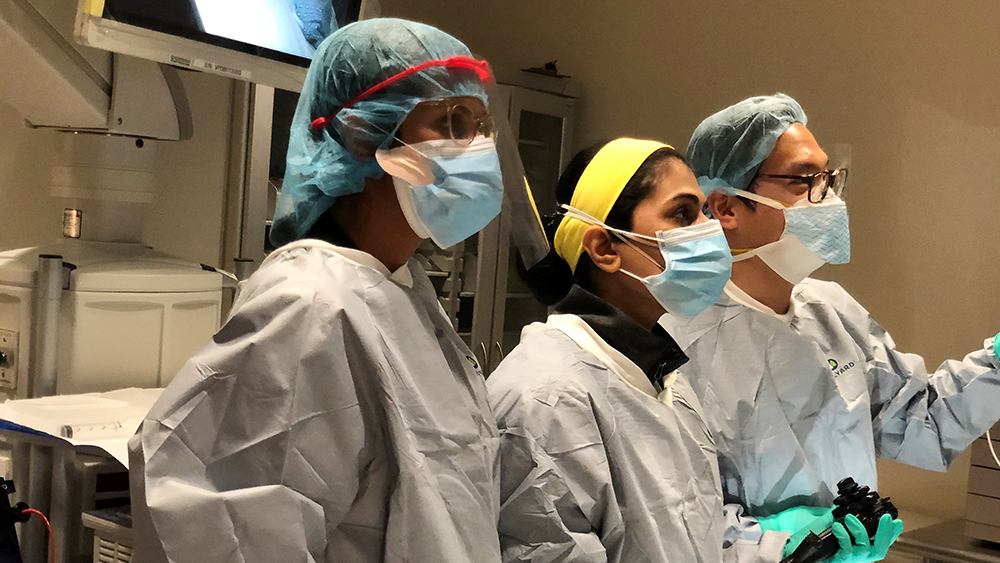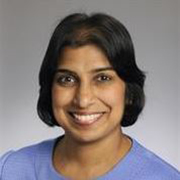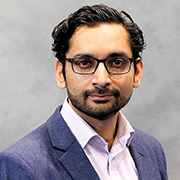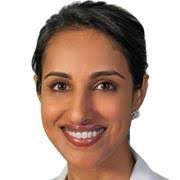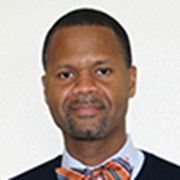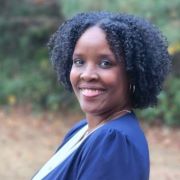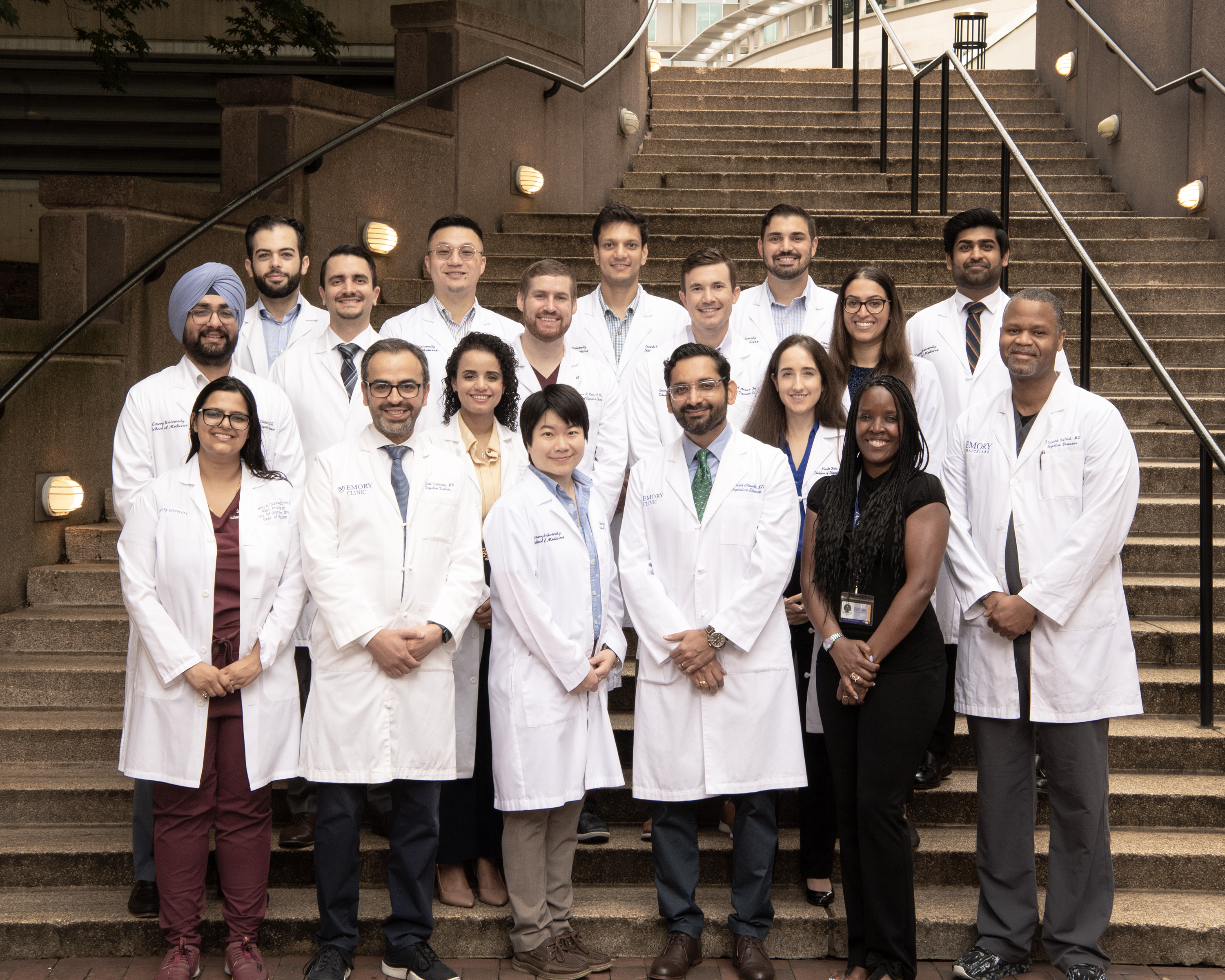
Emory’s Division of Digestive Diseases Fellowship Program offers a comprehensive training of digestive diseases, designed to produce competent, independent, board-certified subspecialists and clinical investigators after a three-year tenure. It also offers the opportunity to obtain further training in the exciting fields of advanced endoscopy and transplant hepatology. The division continues to strive to improve the care of patients with digestive diseases by training outstanding clinicians, high quality researchers, as well as resilient leaders and educators. The fellowship is a three-year, fully ACGME accredited training program, and accepts 5-6 fellows each year.
General Gastroenterology Fellowship Program Information
Continuity Clinic
Fellows are assigned one half-day of clinic per week under the direct supervision of a faculty member from the Division of Digestive Diseases. Trainees will experience the ambulatory care of patients presenting with gastrointestinal disorders. Trainees will attend these clinics at Grady Memorial Hospital or the VA Hospital. The trainees will be exposed to a variety of gastrointestinal disorders that include inflammatory bowel disease, pancreaticobiliary, motility, and liver disease.
Endoscopy
Fellows in the Division of Digestive Diseases perform a broad range of diagnostic and therapeutic procedures. The goal is to become competent in the performance of upper endoscopy, colonoscopy, enteroscopy, capsule endoscopy, percutaneous endoscopic gastrostomy, etc. In addition, fellows will be exposed to advanced endoscopic procedures including ERCP, endoscopic ultrasound, POEM, ESD, and balloon-assisted enteroscopy.
Research and Medical Education
Fellows are allocated four to six months for clinical research on average. During this time, they will be mentored on the different steps of performing a research project from idea development to IRB approval, data collection, analysis, and publication, in an area of specific interest. Fellows ultimately present their work at national meetings and gastroenterology journals.
Fellows are also trained to become excellent clinical educators. They are involved in the mentoring and teaching of medical students, interns, and residents.
Teaching Hospitals and Rotations
Clinical training is divided among four state-of-the-art teaching hospitals, under the supervision of faculty members in the Division of Digestive Diseases. This exposes trainees to a diverse population and allows them to develop essential clinical, endoscopic, and scientific skills in both inpatient and outpatient settings.
Grady Memorial Hospital
Grady Memorial Hospital is a 1,024-bed inner-city hospital where the Division of Digestive Diseases provides inpatient and outpatient consultative and procedural services. GI fellows rotate through this service under the direct supervision of GI faculty. Trainees are also given the opportunity to participate in advanced endoscopic procedures.
Emory University Hospital
Emory University Hospital and the Emory Clinic are tertiary care facilities to which patients are referred to from across the nation and internationally. GI fellows rotate on the general gastroenterology, hepatology, pancreaticobiliary, and the outpatient GI clinic services. The inpatient and outpatient consultative and procedural services are directly supervised by general GI, hepatology, and pancreaticobiliary faculty, and includes advanced practice practitioners, residents, and students. Trainees are also given the opportunity to rotate in subspecialty clinics such as motility, IBD, pancreaticobiliary, transplant hepatology, and esophagus.
Atlanta Veterans Affairs Medical Center
The Atlanta VA Medical Center is a large, modern facility located two miles from Emory University. GI fellows participate in inpatient and outpatient consultative and procedural services. Trainees are also given the opportunity to rotate in subspecialty clinics such as motility, IBD, pancreaticobiliary, and hepatology. In addition, fellows are given the chance to participate in advanced endoscopic procedures under faculty supervision.
Emory Saint Joseph's Hospital
Emory Saint Joseph's Hospital, Atlanta's longest serving hospital, is a 430-bed acute-care referral center. Trainees are exposed to a wide variety of gastrointestinal and hepatology disorders, and participate in general as well as advanced endoscopic procedures at that location under direct faculty supervision.
Conferences
The Division of Digestive Diseases has a robust conference schedule, which attracts participants from other clinical and basic science disciplines. Many of the conferences are broadcasted across the sites to allow active faculty participation. Some of the conferences include:
- Basic Science Research Seminar
- Dysphagia Conference
- Weekly Division of Digestive Diseases Grand Rounds
- Weekly Fellow core conference
- Weekly multidisciplinary IBD conference
- Weekly pathology conference
- Weekly HCC tumor board
- Monthly motility multidisciplinary conference
- Monthly pancreaticobiliary tumor board
- Monthly multidisciplinary IBD conference (VA)
- Monthly radiology conference (VA)
- Monthly multidisciplinary surgery conference (VA)
- Monthly multidisciplinary IBD conference (VA)
Application
Gastroenterology Fellowship Program Application Information
Thank you for your interest in our GI Fellowship Training Program! For the upcoming recruitment season, we continue to follow the Alliance for Academic Internal Medicine recommendations to conduct all recruitment events virtually. While we recognize that virtual recruitment events are a different experience from in-person recruitment, we are committed to equity, transparency, and ensuring all applicants have a similar experience. Virtual interview times will facilitate participation from multiple time zones. Core faculty who participates in the interview process have completed training on implicit bias and strategies to mitigate implicit bias on interviews. We look forward to reviewing your application and showcasing our program’s fantastic learning and growth opportunities on your interview day!
**Applicants applying to the Emory Gastroenterology Fellowship training program must have an MD degree and be board-eligible in Internal Medicine**
Electronic Residency Application Service and National Resident Matching Program
The Emory Gastroenterology fellowship training program participates in the All-in NRMP Medical Specialties Match, applications are accepted via the Electronic Residency Application Service (ERAS) system provided through the Association of American Medical Colleges (AAMC). ERAS will be used to transmit applications, letters of recommendation, transcripts, and other supporting credentials from applicants.
Program Signaling
The Emory GI Fellowship training program will be participating in program signaling for the upcoming recruitment season. While we will preferentially review applications from those who signal our program, we will also thoughtfully review applications from those who did not signal us.
***Please note that signaling our program does not guarantee an interview***
Application Checklist
*Our program sponsors J-1 Visas*
- Completed Application
- Updated Curriculum Vitae (CV)
- USMLE exam results: (at minimum, Steps 1 and 2 (both CS and CK)
- Three letters of reference with one required by the program director of your residency training program
- Official medical school transcript
- ECFMG Report (if applicable)
- Personal Statement
A copy of the Emory GME contract, eligibility, and institutional policies for training can be found GME House Staff Polices
Virtual Interviews
The Digestive Diseases recruitment committee will review all applications in their entirety once received in the ERAS database. We will conduct virtual interviews in mid-September through early October using the Thalamus Scheduling and Interview platform. Virtual interviews are considered more equitable, as they provide broader access to programs nationwide while reducing both the financial and time burdens for applicants.
Applicants who are invited to attend one of our virtual interview days will have the opportunity to:
- Attend a virtual welcome/introduction to our program.
- Interview virtually with program and division leadership along with key GI faculty members.
- Attend a virtual Q and A session with current GI fellows from all training levels.
Interview Arrangements
Applicants invited to interview will be contacted via Thalamus by Tania Davis, to schedule an interview date and to receive further details regarding the interview process .
Interview Status Communication
The Emory University GI Fellowship Program will clearly communicate interview decisions to all applicants, whether it be an invitation or rejection.
NRMP Match Day
Applicant ranking and selection will be done through the National Resident Matching Program (NRMP). 2025 Match Day is December 3, 2025, at noon ET!


